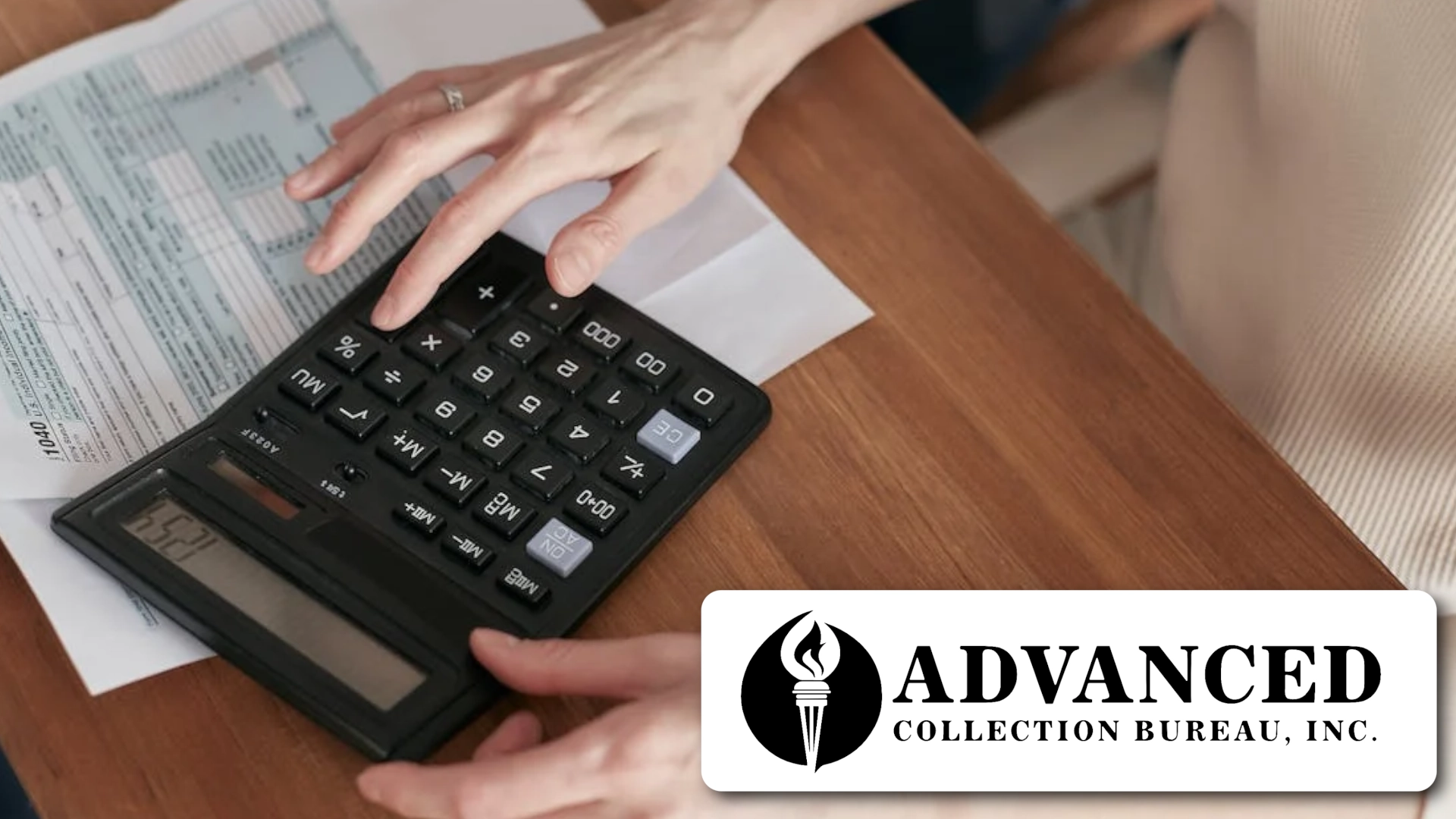Few things cause more stress for landlords than when a tenant suddenly stops paying rent. It disrupts your cash flow, adds legal risks, and can impact the overall health of your rental business. Whether you manage one property or dozens, missed rent payments are more than just a financial inconvenience. They often signal deeper problems—either with the tenant or your current process.
So, what should landlords actually do when tenants stop paying rent? And how can you recover what’s owed without crossing legal lines?
Let’s walk through it, step by step.
Step 1: Open the Lines of Communication
Start by reaching out directly. Sometimes the reason behind the missed payment is temporary—a lost job, banking issue, or health emergency. A simple phone call or email can go a long way in resolving things quickly.
But always document your communications. Written records matter if the situation escalates later.
If you’re unsure how to maintain professionalism when collecting payments, our article How to Collect Unpaid Rent Without Legal Trouble is a helpful starting point.
Step 2: Serve Proper Notices
If attempts to work it out fail, you’ll need to serve a formal notice. In many states, that means delivering a three-day notice to pay or vacate. This gives the tenant a short window to catch up on rent or leave the unit.
The notice must be legally compliant and delivered correctly. Each state has different requirements for language, delivery method, and waiting period. Don’t skip the details.
For a deeper look at this process, check out How to Use a 3 Day Notice to Vacate.
Step 3: Prepare for Legal Action
If rent still isn’t paid and the tenant doesn’t leave, you’ll likely need to begin eviction proceedings. Eviction laws vary widely by state, so this is the point where many landlords consult legal counsel or use a collection agency that understands local regulations.
At ACB, we specialize in residential collections. We help landlords recover lost rent while ensuring all steps follow legal guidelines. Our team also performs advanced skip tracing and reports debts to credit bureaus twice per month to motivate payment.
We recently shared some guidance in How to Evict a Tenant Quickly: A Legal Guide, which breaks down the eviction timeline for landlords needing fast, lawful resolution.
Step 4: Send the Account to Collections
Once the tenant has vacated or been evicted, any remaining unpaid balance becomes collectible. Instead of spending your own time chasing it, consider using a collection agency that works on a contingency basis. That means you don’t pay unless they recover.
Agencies like ACB ensure your debt is pursued professionally, using legal communication methods, regular credit reporting, and data-driven outreach. This increases your odds of recovery without requiring more of your time or stress.
If you’re unsure how agencies differ, read our guide on Contingency Fee Debt Collection to learn how it works.
Be Proactive Moving Forward
Once you’ve dealt with a non-paying tenant, it’s worth reviewing your application and screening process. Use tools like income verification, credit reports, and rental history to identify risks early.
Also consider working with a management company that has a track record in tenant compliance and late rent enforcement. While property managers don’t replace collection agencies, they can add an important layer of protection.
Need tips on selecting one? Read our recent post on How to Choose the Right Property Management Company.














